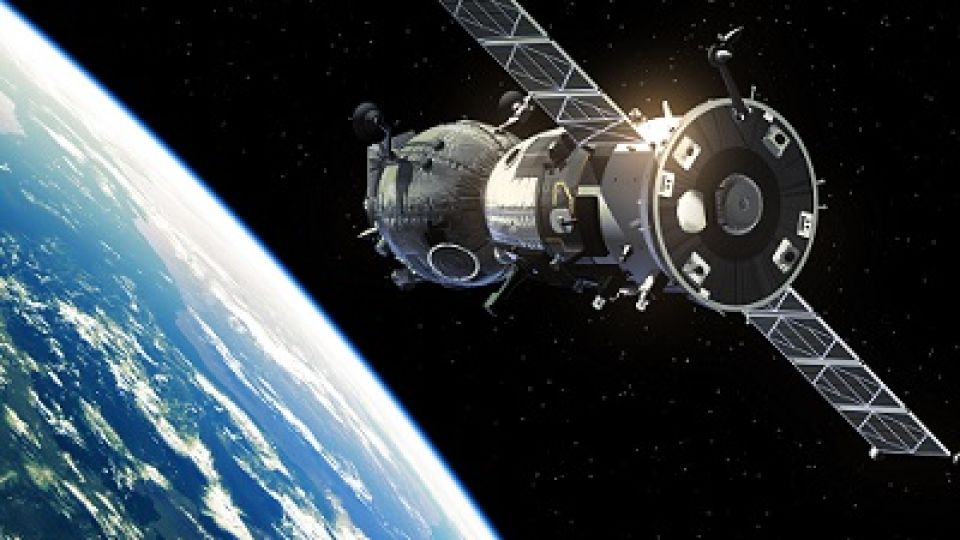from MARCUS MUSHONGA & DANAI MWARUMBA in Harare, Zimbabwe
Zimbabwe Bureau
HARARE, (CAJ News) – ZIMBABWEANS have hailed the launch of the country’s first nano-satellite into space as a major boots towards ensuring the country guarded its sovereignty.
Other countries in the continent have been urged to emulate the Southern African country.
Late last year, Zimbabwe announced the launch of its first satellite, in an effort to help collect data to monitor disasters, boost agriculture and enhance mineral mapping.
This was launched amid fanfare.
CAJ News Africa Zimbabwe Bureau carried out a snap survey to ascertain the ordinary people’s views about the newly introduced satellites.
App developer, Amos Negovano, told CAJ News Africa: “Not commenting about the newly launched satellite does not mean Zimbabweans do not know. Remember, Zimbabwe has the highest literacy rate in Africa.”
He believes the Zimbabwe National Statistics Agency (ZIMSAT-1) made a good decision to launch its own nano satellites into space.
“I’m saying this because satellites help our country to collect data for monitoring disasters, security purposes, the boost of agricultural production as well as enhancing mineral mapping,” Negovano said.
He argued that it was worrying that despite launching its own nano-satellites, Zimbabwe still depends on the Global Positioning System (GPS), which is an American solution that provides users with positioning, navigation, and timing (PNT) services.
“It’s high time Zimbabwe, and the entire African continent should launch their own solutions to avoid compromising a lot of security issues (by using the United States and Western monitoring solutions),” the app developer said.
Other Zimbabweans interviewed said it was important for the country to invest on satellites, even low cost networks for earth observation satellites that would help the country grow economically.
Scholar Miyetani Chauke lamented that in the entire African continent, only Algeria, Kenya, Nigeria and South Africa had committed to contributing at least one satellite to the constellation aimed at focusing on earth observation and natural resource management.
“This is a shame for the continent hence we applaud Zimbabwe’s new satellite into orbit,” Chauke told CAJ News Africa.
He said the nano-satellites were cheaper, smaller and faster-produced satellites than conventional ones.
Chauke argued African countries to take advantage of such low cost networks for monitoring their own countries from disasters, security and agriculture for increased food production.
“Zimbabwe desperately wants more eyes in the sky,” Chauke said.
“Otherwise depending on foreign satellites such as the United States, Europe or any other foreign power will not help much, especially when it comes to self-determination, sovereignty and autonomy,” he said.
Chauke said Zimbabwe, and possibly all African countries, were reliant on international satellites for information about monitoring.
“For example, the country does not have any control over images being sent to her on weather, security or general information” Chauke argued.
“Sometimes, we as a country do not know when such images from foreign owned satellites would be made available to our authorities – this is the danger of depending on other nations’ satellites,” he said.
Florist Morgan Shoko noted Zimbabwe has vast mineral resources and must not depend on the US’ GPS data to ascertain its mineral wealth.
“This is why there is a lot of smuggling of the country’s mineral resources,” he argued.
“As a country, we do not know how rich this country is yet foreign nationals being granted with mining licences know exactly where to quickly get them (much sought minerals) before illegally taking them out,” Shoko said.
There was no immediate comment from Information, Communication, Technology (ICT), Postal and Courier Services Minister, Jenfan Muswere.
Nano-satellites are loosely defined as any satellite weighing less than 10 kilogrammes.
– CAJ News

